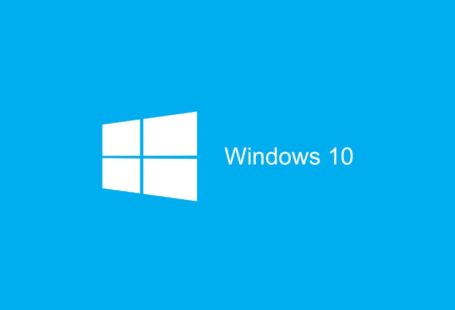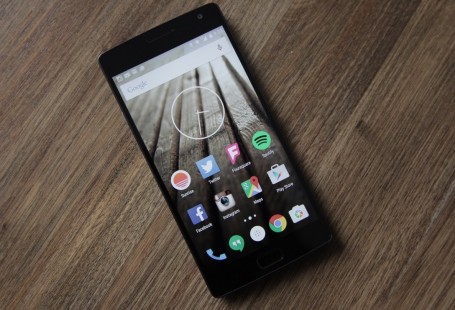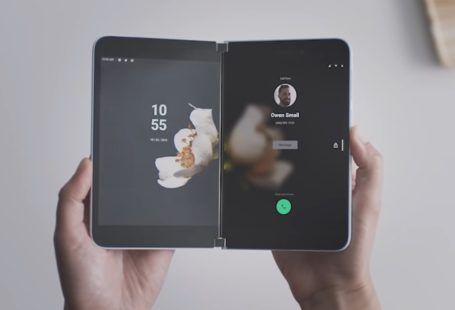The Post-PC is more of a PC-Reborn era. And it is so because the PC isn’t that big box under the table anymore. Or even that laptop, Ultrabook or convertible you’ve spent some money on lately.
No. Your PC is your smartphone. And if it’s not yet, it will be that soon enough.
The dream
That’s what Canonical envisioned almost four years ago. On October 31st, 2011 Mark Shuttleworth published this on his personal blog:

By 14.04 LTS Ubuntu will power tablets, phones, TVs and smart screens from the car to the office kitchen, and it will connect those devices cleanly and seamlessly to the desktop, the server and the cloud.
The idea was clear: your smartphone would become your PC, and the experience on that device would adapt to your needs and resources. But Canonical wasn’t able to deliver that promise. It even tried to launch Ubuntu Edge, the “convergent phone” that would provide all the necessary to get a responsive experience. That project had to be cancelled due to insufficient funding on Indiegogo, where nevertheless it was a record project.
Thankfully, Microsoft stole the idea
Microsoft took up the torch, and the company led now by Satya Nadella is finally delivering that idea. We saw the result with the new Lumia 950 and Lumia 950 XL, the first phones that thanks to Continuum, the Microsoft Display Dock and that ‘One Windows’ paradigm are able to transform that experience.

You can finally use those smartphones as a smartphones or as PCs. It depends on what you need, and on what your resources are. A display, a keyboard and a mouse are enough to provide that desktop experience running from a smartphone.
Convergence is here, and it seems unstoppable.
Google agrees: this is the future
Google has been pretty clear in the past about the relevance of Android and Chrome OS. Both made sense for the company, and both covered different users. That was the official message.

There was other goals inside the company, of course. As many predicted, maintaining two code bases when one of them is clearly not getting much traction seems not a good idea. Yesterday The Wall Street Journal revealed how Google would ‘fold’ Chrome OS into Android. There has been some updates on that report, and it seems Chrome OS will continue to exist after the release of that combination of both projects.
Chrome OS, tells The Verge, is not being “killed” and Re/code explains how “Starting next year, the company will work with partners to build personal computers that run on Android“. It seems the path to Google’s convergence will be a little slower, with two products coexisting -Android with Chrome OS features, and the traditional Chrome OS-, but the end seems clear: only Android (maybe with a different name) will survive.
Apple: merging iOS with OS X seems mandatory now
The discourse about convergence has also been unequivocal at Apple. Tim Cook recently explained how iOS and OS X had both sense for different scenarios:

We don’t believe in having one operating system for PC and mobile. These operating systems do different things,” said Cook. “We have no intention to blend them.
But again, this is the official discourse. There are to many hints to dismiss a possible merger between iOS and OS X:
- OS X has received minimal updates on the last two years, and in most cases there has been an ‘ios-ification of OS X‘. Continuity and Handoff were nice, but not specially ambitious.
- Apple’s ARM SoCs are incredibly powerful: they even beat the new MacBook, and that could led to that promising Apple laptop based on on an ARM processor (Apple A10?) and, of course, iOS.
- The new iPad Pro proves that Microsoft’s idea with their Surface is the one that can really save tablets. And it’s based in iOS. Not OS X. iOS.
- The Mac division is still important, but the iPhone is what makes Apple successful. Compare 63% revenue from iPhones to 13% revenue from Macs. If you add the iPads (another iOS product), you get a whopping 71% of revenue based on that products. That’s what work.
I have no doubts about this. Apple wants your smartphone to be your PC too. I’m absolutely sure they’re working on it, so stay tuned. Google’s decision won’t be the last on this front.


